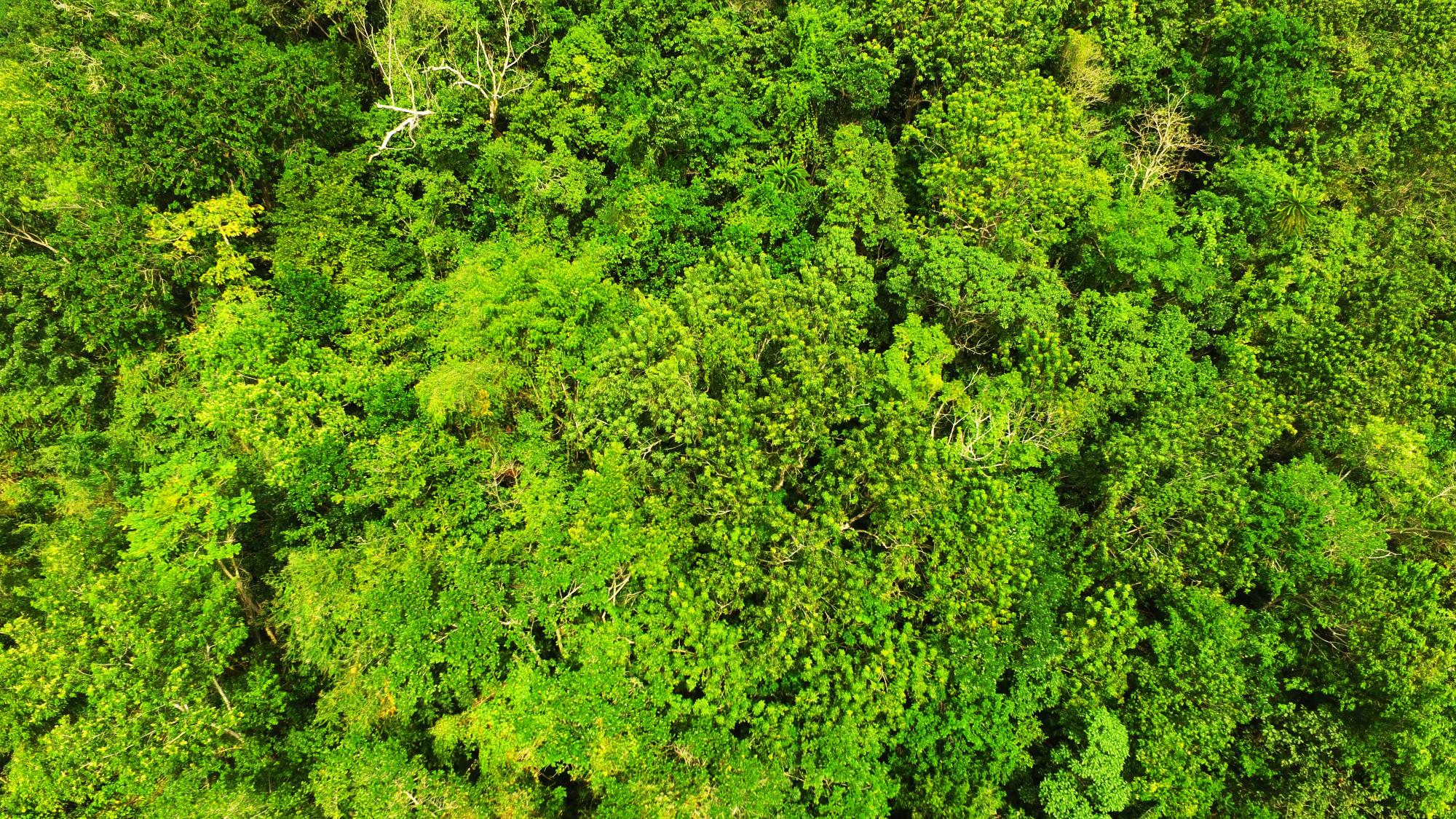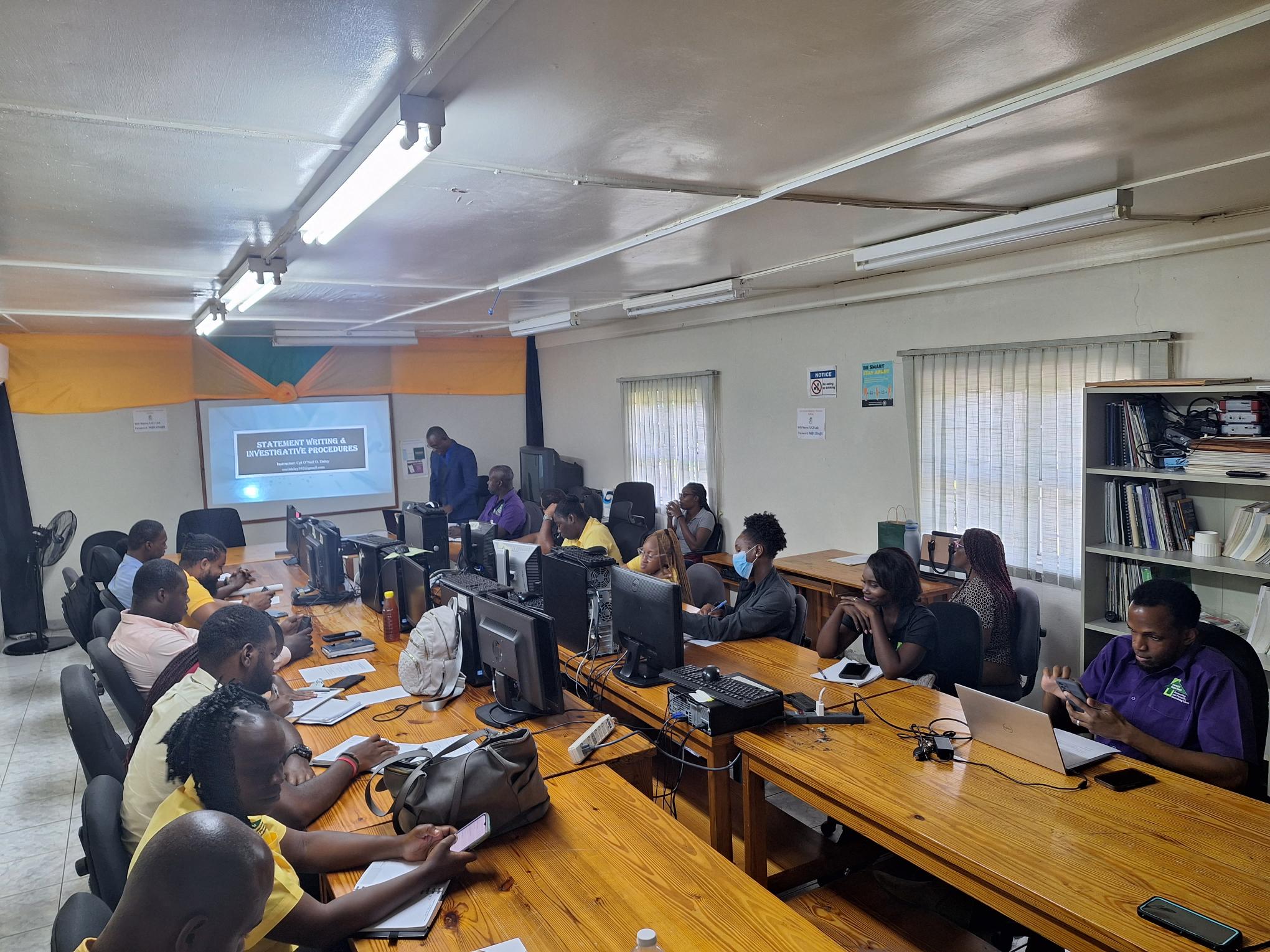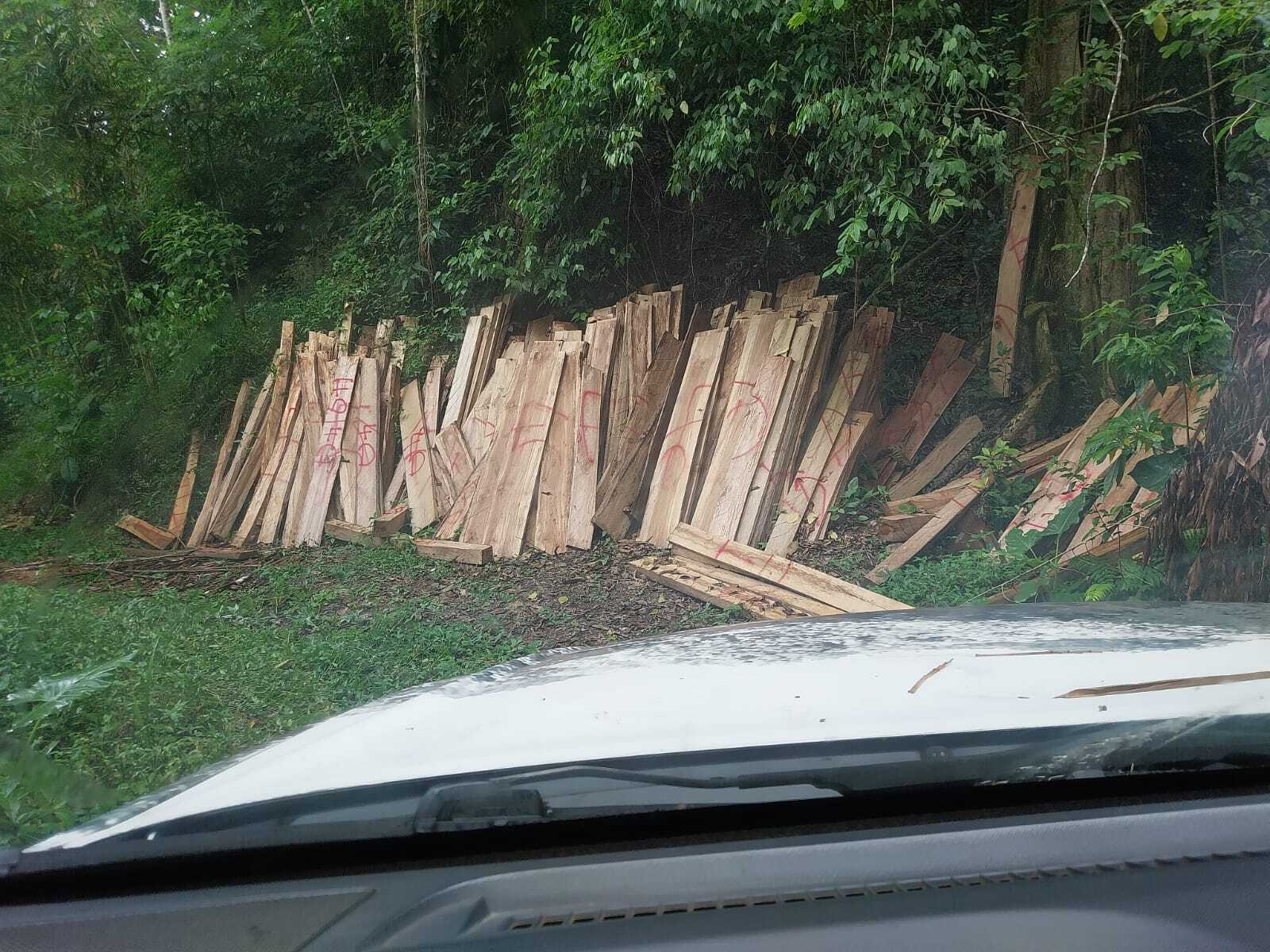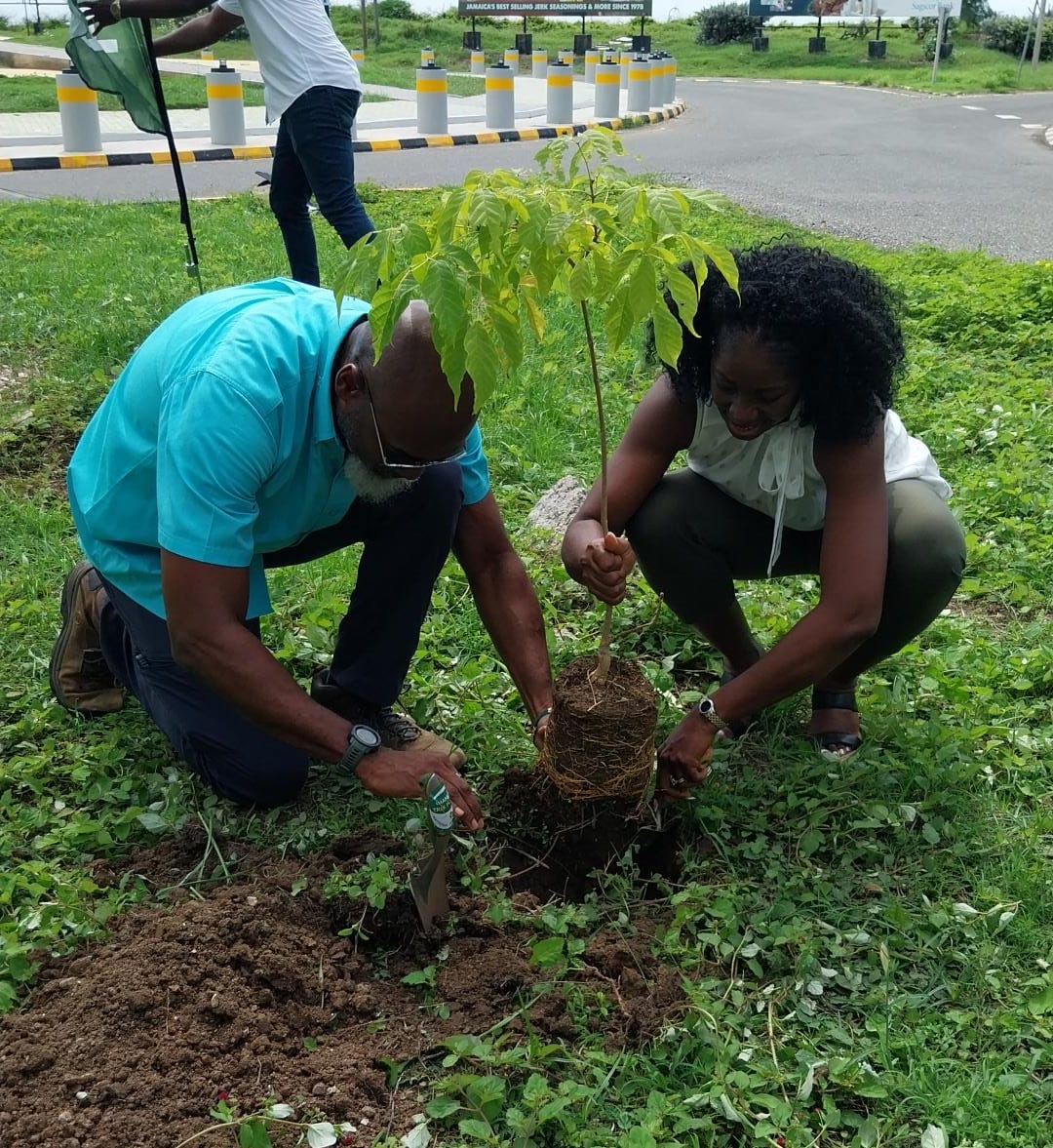Jamaica’s REDD+ Journey Gets Financial Boost
Jamaica’s journey to REDD+ readiness has been
made easier through the receipt of funds under the Green Climate Fund’s (GCF)
REDD+ Readiness Support and Preparatory Grant valued at USD 613,000 over the
next 28 months.
Reducing Emissions from Deforestation and
Forest Degradation Programme (REDD+) is a mechanism introduced by the United
Nations Framework Convention on Climate Change (UNFCCC) to create a financial
value for the carbon stored in forests, offering positive incentives for
developing countries to reduce emissions from forested lands and invest in low
carbon paths to sustainable development.
As the lead Agency for its implementation in
Jamaica, the Forestry Department through initiatives detailed in the National
Forest Management and Conservation Plan (NFMCP) 2016 – 2026, will be
spearheading this national collaborative initiative, aiming to have the island
being REDD+ ready in the next three to four years.
Mr. Brahim Diop, focal person for the
Programme within the Agency, says the funding will serve to assist with
capacity building as well as establish the planning mechanism to guide the
country to becoming REDD+ ready. This, he says, will better enable the
Government to access Results Based Payments associated with international
Climate Financing Schemes.
The activities supported under this Green
Climate Fund’s (GCF) REDD+ Readiness Support and Preparatory Grant fall under
four (4) components. The first will engage various stakeholders in a
consultative process to ensure efficacy, accountability and transparency of the
national readiness management process and institutional arrangements. As such,
the Agency will be hosting a series of public consultations across the island.
The second step in the process will be the
preparation of Jamaica’s National REDD+ Strategy. This is expected to
precipitate and or catalyse actions at all levels to ensure the conservation
and protection of the country’s forests. One of the variables that will be
assessed under this component is land use and land use change drivers. We will
be identifying and characterizing the key drivers of deforestation and forest
degradation and redesigning conservation and sustainable forest management
activities to reduce emissions. The National REDD+ Strategy will also focus on
identifying how current land use and forest law, policy & governance
structures impact on the drivers of deforestation and forest degradation as
well as proposing alternatives for mitigating the identified drivers and
reducing the adverse impacts.
The grant will also go towards the development
of a National Forest Monitoring System which will allow Jamaica to assess a
broad range of forest information. While the Forestry Department has the
technical capacity to gather and interpret data, financial constraints prevents
the Agency from acquiring current spatial data to generate information on an
annual basis.
The
objectives of components three and four are aimed at ensuring that the REDD+
strategy is gender responsive by assessing the differential roles,
responsibilities, knowledge and skills of men and women in forest degradation,
deforestation, sustainable forest management and climate vulnerability as well
as developing at least two project concepts for submission to GCF based on a
selected strategy priority option defined in the National REDD+ Strategy.
Meanwhile, the REDD+ mechanism is a timely
response to the issue of climate change by encouraging the proper management of
forests. While forests have been identified as one of the cheapest and most
effective tools to fight against climate change, the forestry sector has been
identified as one of the largest emitters of carbon dioxide, one of the
greenhouse gases that cause climate change globally. This is largely attributed
to deforestation and forest degradation.
The benefits of implementing REDD+ activities
to the country’s growth and development extends beyond building a climate
resilient nation. The benefits for the forestry sector will significantly
contribute to its sustainability. This may include cross-sectoral
policies/plans/measures impacting national REDD+ efforts, payments per tonne of
carbon emissions reduced or removed; international recognition for mitigation
results; biodiversity conservation; poverty alleviation; and contribution as
one of the catalysts for developing a green economy integrating forestry,
agriculture, energy and finance.
Reference: Jamaica’s
Readiness and Preparatory Support Proposal - May 2018






